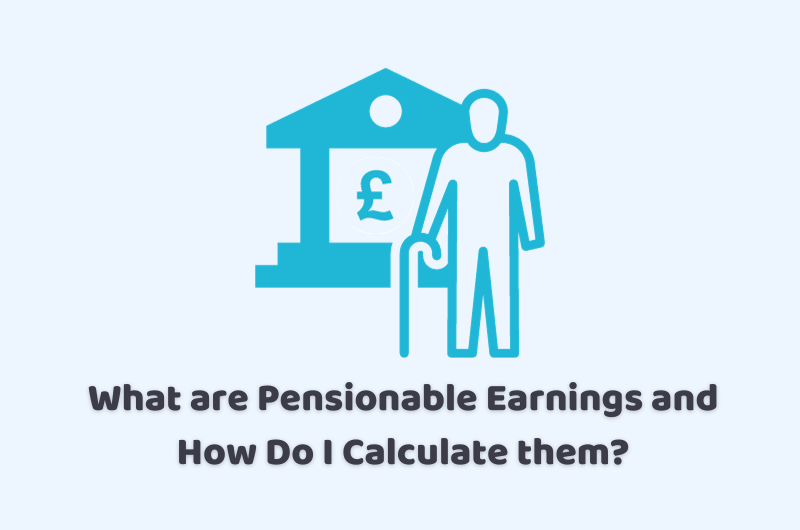14/11/2023Pension
Wondering about what are pensionable earnings? In the UK, pensionable earnings refer to the types of income that are taken into account when calculating the contributions made to a workplace pension. These contributions are typically a percentage of your earnings that go towards building your pension pot for the future. When it comes to which …
Read more
